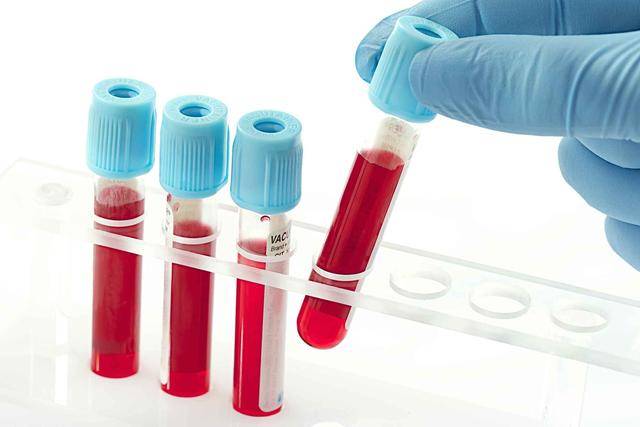– The living standards are getting higher, and every household’s dining table is full of lavish dishes. Moreover, socializing activities have become more frequent, accompanied by a significant number of people consuming alcohol and tobacco or leading sedentary work lives, all of which gradually lead to abnormal blood lipids and an increase in blood viscosity, creating conditions for thrombosis formation.
– As the unhealthy cholesterol in the blood increases, it is all harm and no benefit to the body. The so-called unhealthy cholesterol is the low-density lipoprotein cholesterol often referred to as LDL cholesterol, and an increase in LDL can lead to the risk of cardiovascular diseases.
– What are the causes of elevated LDL cholesterol levels?
1. Genetic factors
The body’s genes play a crucial role in the generation and metabolism speed of LDL cholesterol in the blood. Therefore, due to genetic differences, some individuals may have a slower metabolism, leading to increased LDL cholesterol levels in the blood.
2. Psychological factors
A lot of people, when under high mental stress or feeling depressed, tend to consume large amounts of high-fat, high-sugar foods, or resort to alcohol and smoking for relief.
While stress and mood may temporarily alleviate, prolonged stress relief in this manner can result in elevated LDL cholesterol in the blood.
3. Lack of physical activity
Nowadays, people spend long hours sitting in front of computers, rarely engaging in regular physical activities, leading to excessive fat accumulation in the body. The body’s excess calories unable to be expended, with high levels of saturated fatty acids in the blood causing an increased risk of elevated LDL cholesterol.
4. Poor diet
Individuals who frequently indulge in high-calorie, high-fat, high-sugar foods or have a penchant for fried, grilled, barbecued, or greasy foods. These foods contain high levels of saturated fatty acids and trans fats. Consistent consumption of such foods can increase cholesterol levels in the blood.
– For individuals with high LDL cholesterol, consuming the following foods is beneficial:
1. Onions
Onions are rich in nutrients and contain essential substances with anti-thrombotic and lipid-lowering effects. Compounds like flavonoids can inhibit platelet aggregation and prevent thrombus formation. The sulfur compounds in onions prevent vascular sclerosis, reduce blood lipids, and the prostaglandins present help dilate blood vessels, making blood less sticky and consequently lowering blood pressure, reducing blood lipids, and preventing thrombus formation.
2. Seaweed
Regular consumption of seaweed has positive effects on the body by not only lowering blood cholesterol but also eliminating radioactive substances from the body. Seaweed contains taurine, which helps clear cholesterol adhering to the blood vessel walls, thereby restoring normal cholesterol levels in the blood. Additionally, seaweed is rich in iodine, which benefits the body significantly. Hence, individuals with high blood lipids can include seaweed in their daily diet.
3. Green peas
These beans contain various substances that lower blood lipids, such as dietary fiber, folic acid, and choline. Dietary fiber promotes intestinal peristalsis, absorbs or excretes debris in blood vessels containing cholesterol and triglycerides. Folic acid in green peas can inhibit fat synthesis to a certain extent, reducing lipid synthesis. Moreover, the choline in green peas aids in breaking down cholesterol in the blood into bile and promotes its excretion, thereby lowering blood lipids.


